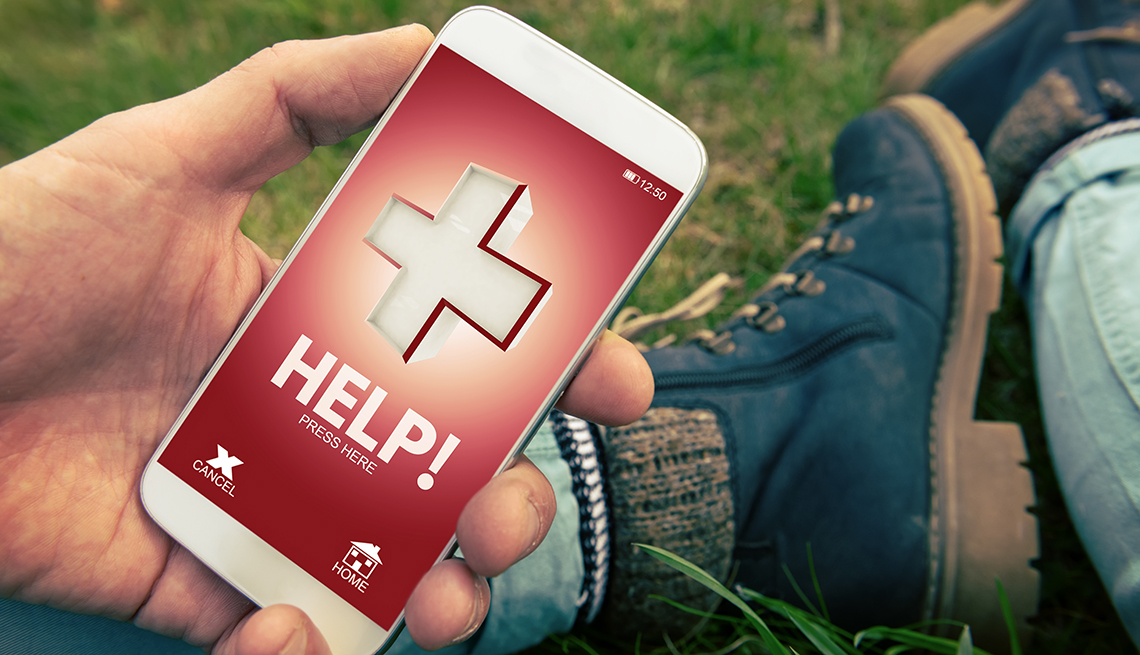
- Select a language for the TTS:
- UK English Female
- UK English Male
- US English Female
- US English Male
- Australian Female
- Australian Male
- Language selected: (auto detect) - EN
Play all audios:
The book _Etiquette Rules! A Field Guide to Modern Manners_ offers advice on how to behave in pretty much any situation you might encounter — and more. Author Nancy Mitchell, 71, wrote this
exhaustive handbook, she says, because she believes that “rudeness is rampant.” She insists that having everyone following the same rules, especially those that are about kindness and
respect, can make all of our lives better. “I think you can change the world by one encounter at a time,” says Mitchell, who teaches etiquette at George Washington University School of
Business in Washington, D.C. Many of her rules are old-fashioned: Don’t slouch. Don’t curse. The bread plate goes on the left. Some go beyond manners to hygiene, grammar and fashion advice —
including “Sweaty palms? Antiperspirant on hands might help” (Who knew?). “Subjective pronouns take the place of a noun.” Men's pants "should not fit tightly around the leg, nor
billow." And others are new rules for the modern world. A sampling: ONLINE INVITATIONS: “Think twice about using them for wedding or other formal occasions.” FACEBOOK: "It's
OK to unfriend.... If you don't want to unfriend someone but can't stomach another cat video or Candy Crush update, hide them from your feed." AIRBNB HOSTING: “Provide
information on local activities, restaurants and public transportation.” WORKPLACE CHIVALRY: “In business, courtesy is gender-neutral.... Anyone in the vicinity helps a person who is
struggling with a coat or wrap.” EMAIL: “Beware of 'Reply to All.' ” And “Proofread!” WEDDING RESPONSIBILITIES: “It is the shared responsibility of the wedding couple to write
thank-you notes.” TWITTER: "Don't follow someone with the goal of encouraging them to follow you as a method to increase your numbers, and then immediately unfollow them."
JOB SEEKING: "Don't attempt to connect with interviewers on social media. It's not appropriate at this stage." CELLPHONES: Talking on your phone on public transportation
is "RUDE and TMI. We don't want to hear about your foot fungus, 12-hour labor or make-up sex." WHAT TO TEXT: "A text is not an appropriate way to communicate serious
concerns, condolences or thanks." HOW OFTEN TO TEXT: "Don't send multiple texts to elicit a response" — it "can feel like stalking."







